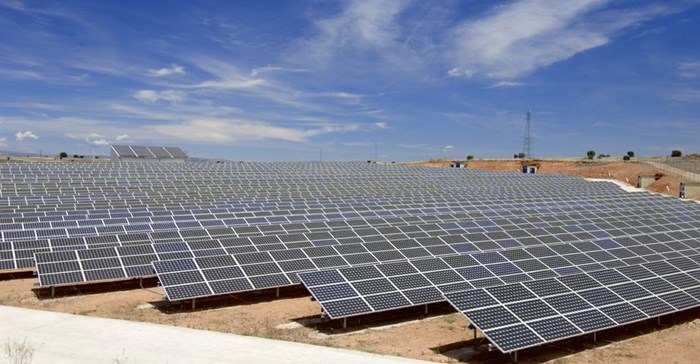The government should invest more in solar energy, rather than expand the Department of Energy's (DoE) Independent Power Producers Procurement (IPPP) to include coal and gas power projects.
This is according to Paschal Phelan, chairman of Solar Capital, who says the IPPP programme will be rolled out in order to replicate the successes achieved in the South African renewable energy sector.
“Although the replication in other sectors will allow for further energy to be produced, a focus on solar power would allow for the supply of energy at a massively reduced rate,” he says.
He explains that not only is solar energy readily and freely available, but the cost of technology (internationally and locally) has come down substantially in the last few years.
Phelan points out that, locally, the solar industry is relatively new. “The growth of a number of technology suppliers in the last few years has fostered a competitive environment in manufacturing and production of local solar technologies, as well as competitive installation rates.”
Coal is costly
According to Frost & Sullivan, the running costs of Medupi and Kusile, when taking into account externalities such as the cost of water usage and CO2 emissions, are approximately R2.35 and R1.94 per kWh. In comparison solar power in South Africa can now be produced at a cost of under R0.70.
Additionally, the latest construction cost estimates for the Medupi and Kusile coal stations went from R149 billion to R326 billion. Phelan says that not only do these costs have a negative effect on our struggling economy, but the stations will need to be powered by coal – thus bringing into question their impact on the environment over the long-term.
Rising price of electricity
On 1 March 2016, a 9.4% tariff increase was granted to Eskom. Phelan explains that this rising cost of electricity is needed in order to meet the interest of capital costs of building new facilities and the cost of coal, among other things.
“Instead, South Africa should rather invest in the expansion of renewable energy, in particular solar, which provides energy at a substantially lower cost to coal. This solar price is also fixed for a period of 20 years making the cost saving consistent and predictable. This cost saving would in turn assist in preventing the increase of Eskom tariffs in the future,” he says.
Phelan also points out that solar farms are commercially viable facilities funded by local banks and foreign direct investment and, unlike Eskom, do not need government funding and guarantees. “It needs to be a priority in South Africa that we continue the investment in this source of abundantly free, green, sustainable energy.”
Finance Minister, Pravin Gordhan, announced that the Department of Energy’s (DoE) IPPP programme will be extended to include coal and gas power projects during his budget speech in February.



































